NIDDK
-
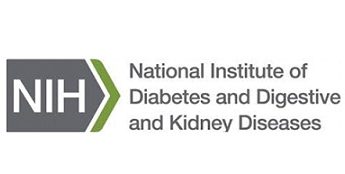
VUMC receives $28 million to lead national study of COVID-diabetes link
Researchers at Vanderbilt University Medical Center have received a four-year, $28 million grant from the National Institute of Diabetes and Digestive and Kidney Diseases to study the relationship between COVID-19 and diabetes. Read MoreAug 2, 2023
-
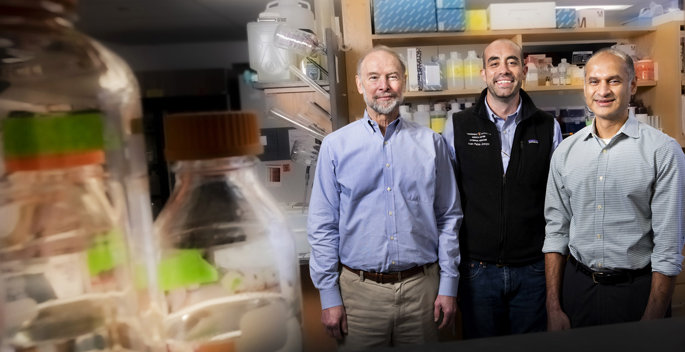
VUMC researchers upend dogma about vasopressin production
Vanderbilt investigators have discovered that vasopressin, which has long been thought to be produced only in the brain, is also produced in the kidney. Read MoreJan 5, 2023
-

Study identifies key player in T cell “education”
New Vanderbilt research could inform therapeutic strategies for enhancing thymic function when desired — such as during aging, recovery from radiation therapy or chemotherapy, or other conditions that reduce T cell output. Read MoreSep 1, 2022
-
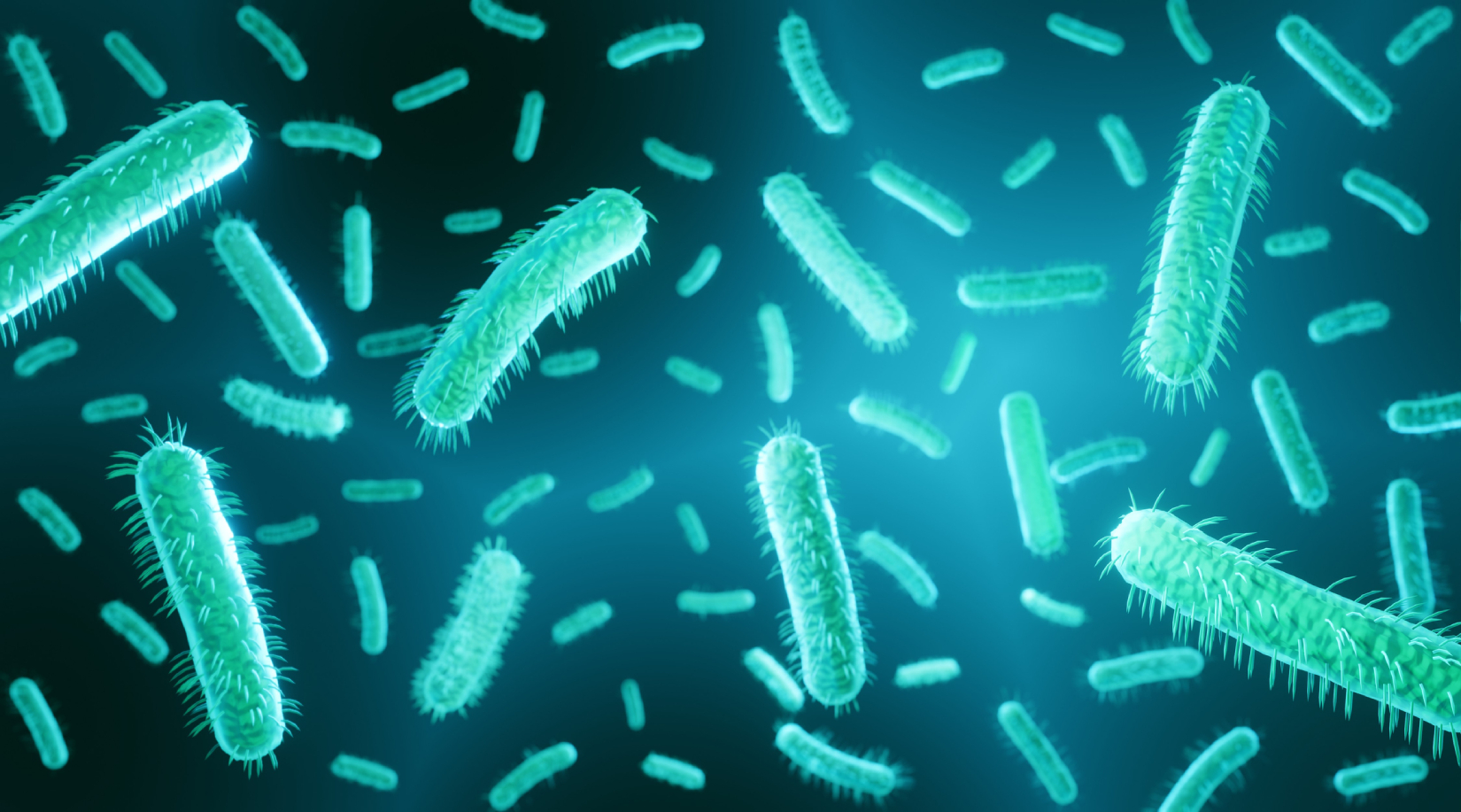
Study describes how E. coli co-opts cells, causes recurrent UTIs
Researchers at Vanderbilt University Medical Center have discovered why the uropathogenic bacterium E. coli, the leading cause of urinary tract infections, is so tenacious; their findings could lead to new ways to prevent recurrent UTIs. Read MoreAug 25, 2022
-
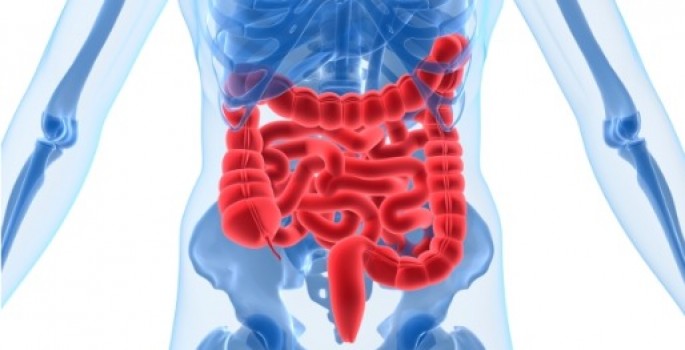
Diverticulitis surgery: guidelines needed
Surgical removal of the colon for recurrent diverticulosis varies by geographic region and is associated with surgeon and hospital factors; stronger national guidelines are needed, Vanderbilt researchers report. Read MoreFeb 10, 2022
-

Impact of digital health interventions
Vanderbilt researchers test and recommend statistical approaches to study the association between engagement with digital health interventions and clinical outcomes. Read MoreJan 31, 2022
-

Impaired neutrophils in autoimmunity
Vanderbilt researchers help answer the question of why patients with autoimmune diseases like lupus are more susceptible to bacterial infections: their neutrophils have impaired antibacterial activity. Read MoreJan 27, 2022
-
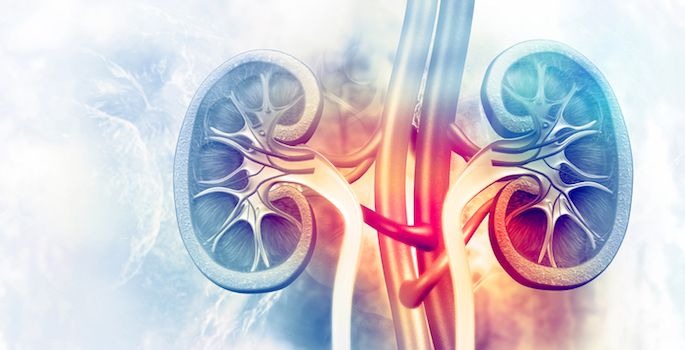
The role of integrins in kidney “integrity”
Receptors called integrins play a critical role in maintaining the structure of the kidney, Vanderbilt researchers have discovered. Read MoreJan 13, 2022
-
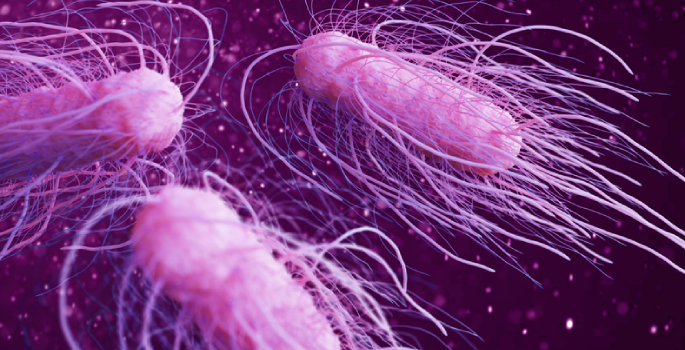
Salmonella overcomes host resistance
The invading pathogen Salmonella, a common cause of food poisoning, can change its metabolism to overcome host resistance to its colonization. Read MoreJan 13, 2022
-

‘Pre-conditioning’ restores immune tolerance
A treatment targeting T-cell metabolism could reinvigorate immune tolerance mechanisms to combat autoimmune disease and transplant rejection, Vanderbilt researchers discovered. Read MoreSep 16, 2021
-

Motor protein linked to intestinal cell differentiation
The motor protein MYO5B, a cause of the congenital intestinal disorder microvillus inclusion disease, does more than move cellular cargo, Vanderbilt researchers have discovered. Read MoreAug 5, 2021
-

Gene expression in diabetic nephropathy
Vanderbilt researchers are looking to mRNA populations in podocytes — kidney cells that help filter blood — to help identify potential targets for treating diabetic kidney disease. Read MoreAug 5, 2021
-

Beta cell regeneration
Vanderbilt researchers dissected the complex microenvironment of the pancreatic islet to discover the signals that drive beta cell regeneration — as a possible treatment for diabetes. Read MoreMay 20, 2021
-

New insights into kidney development
Integrin-linked kinase, a central component of a complex that coordinates cell signaling involved in migration, proliferation and cell death, plays a role in kidney development and epithelial cell function. Read MoreApr 15, 2021
-
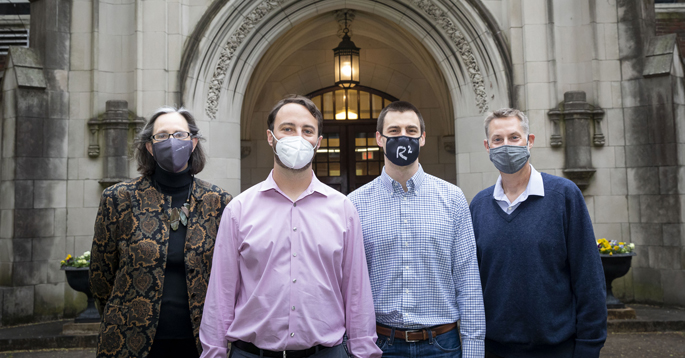
Study revises understanding of cancer metabolism
Tumors consume glucose at high rates, but a team of Vanderbilt researchers has discovered that cancer cells themselves are not the culprit, upending models of cancer metabolism that have been developed and refined over the last 100 years. Read MoreApr 7, 2021
-
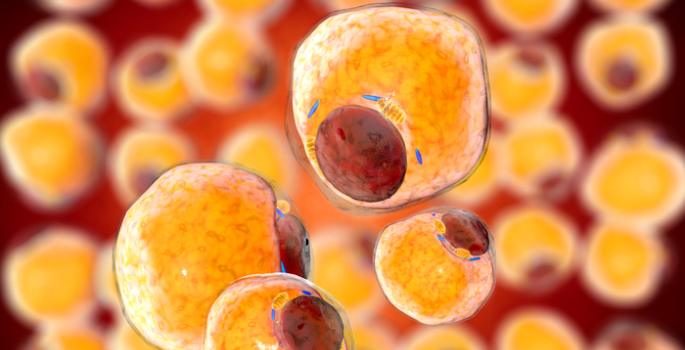
HIV, diabetes and immune cells in fat
In HIV-positive individuals with diabetes, immune cells in fat are more proinflammatory and cytotoxic and may represent a therapeutic target for diabetes. Read MoreMar 18, 2021
-
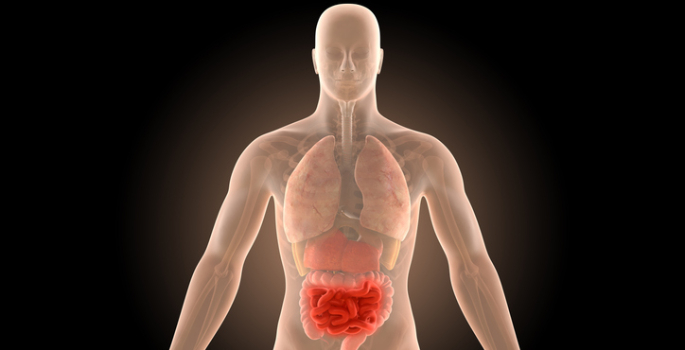
Probiotic protection
A probiotic factor given early in life to mice prevented intestinal inflammation in adulthood, providing a rationale for probiotic intervention in individuals at high risk of developing inflammatory bowel disease. Read MoreMar 4, 2021
-

Targeting glucagon action in diabetes
Disrupting the action of glucagon — a pancreatic hormone that works to raise blood glucose — restores functional insulin-producing cells in mouse models of type 1 diabetes and may be a promising treatment strategy. Read MoreMar 4, 2021
-

Gene variant and glucose metabolism
Genetic variation that impacts glucose- and insulin-related signaling affects responses to type 2 diabetes treatments and warrants further study. Read MoreFeb 18, 2021
-
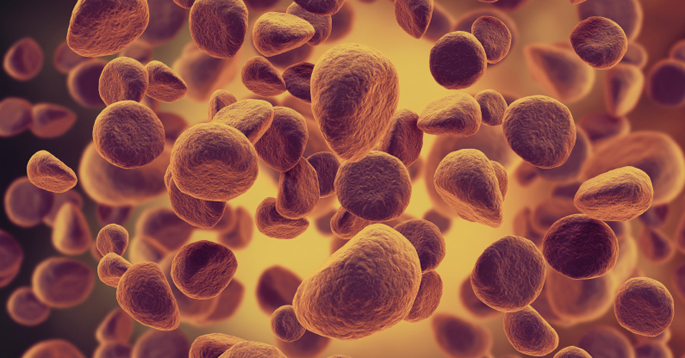
Gene network for leukemia factor
A new method speeds the analysis of factors that control gene expression from days to minutes, allowing researchers to uncover new targets for cancer treatment. Read MoreFeb 4, 2021